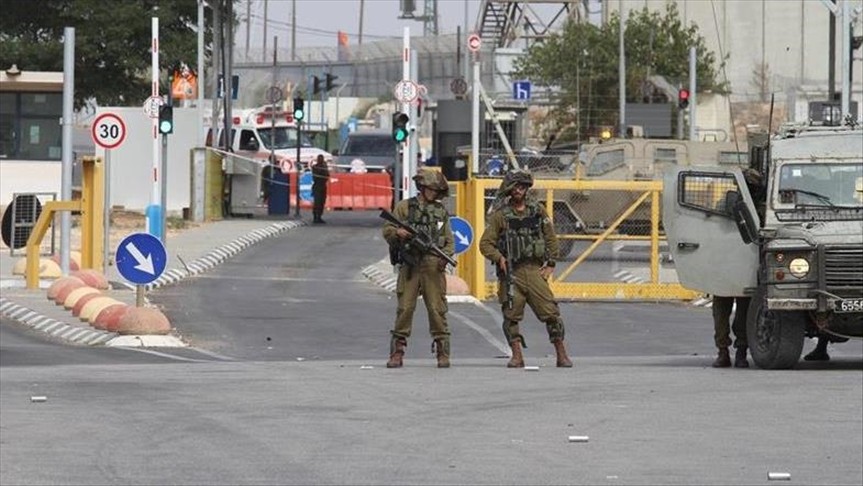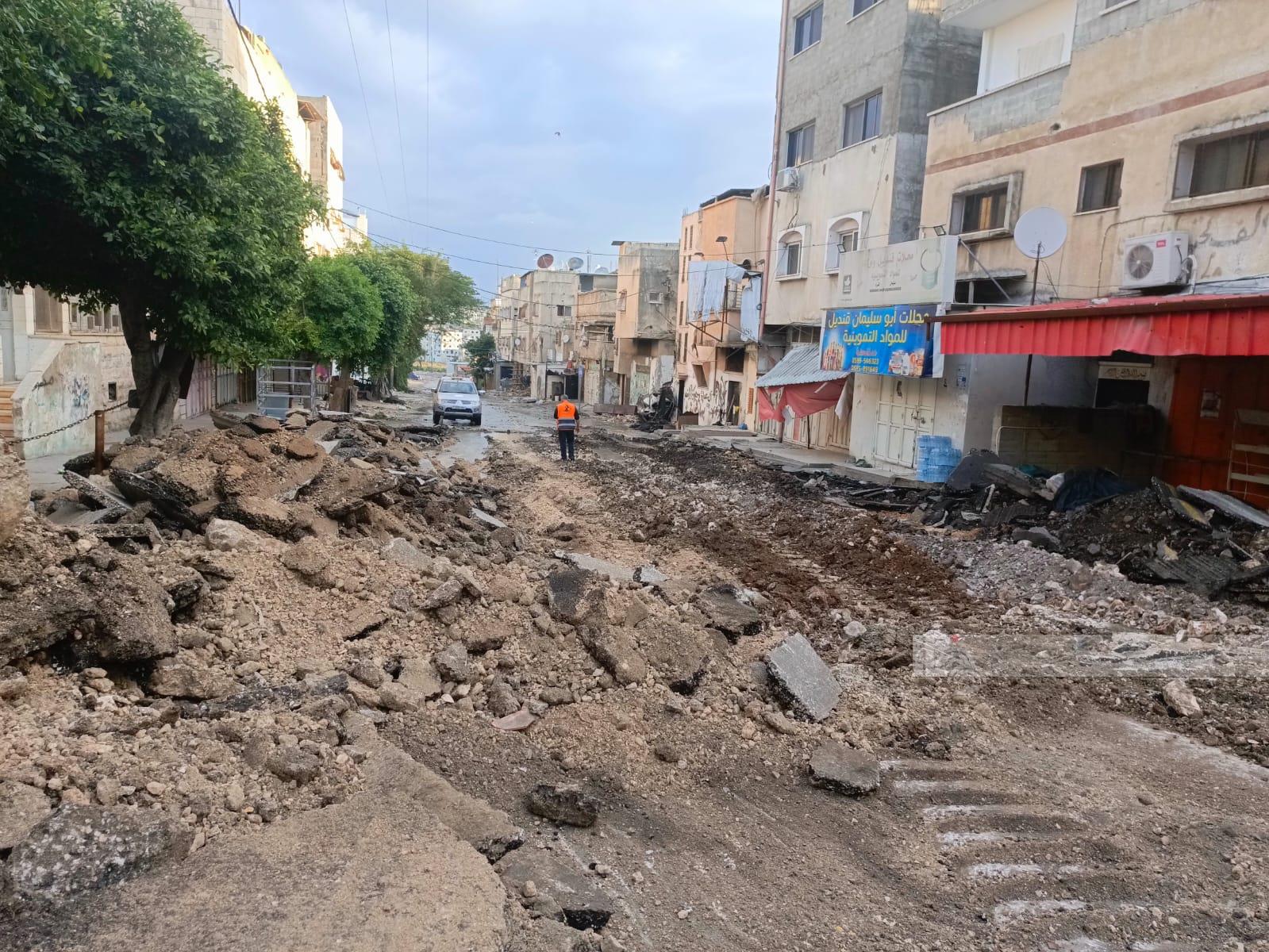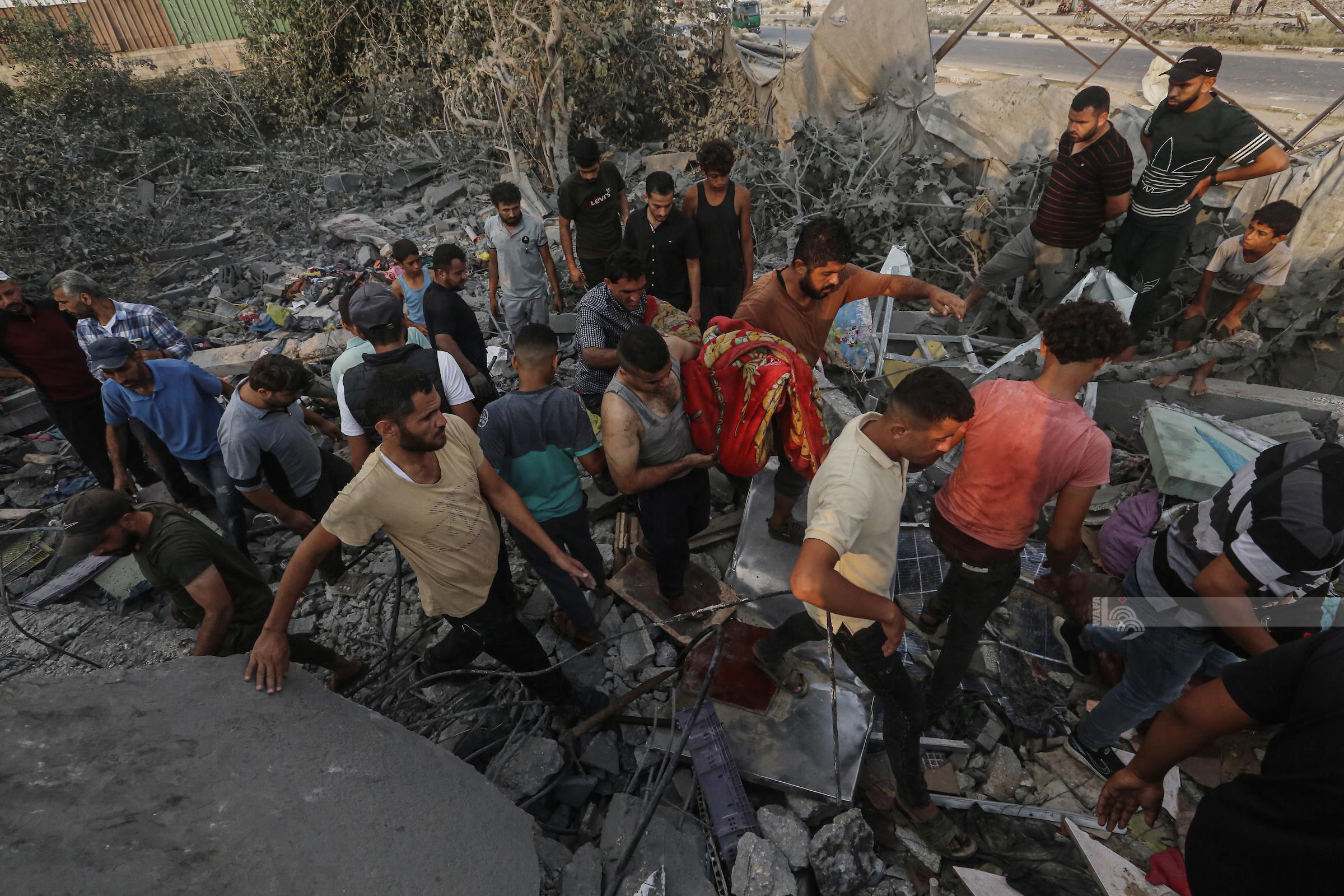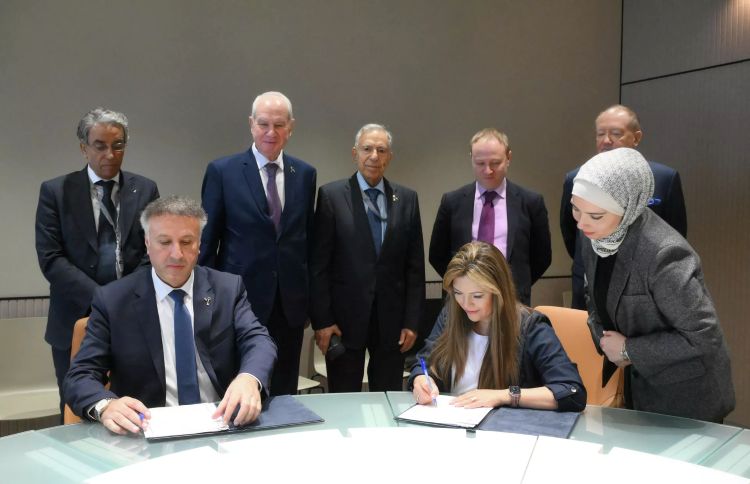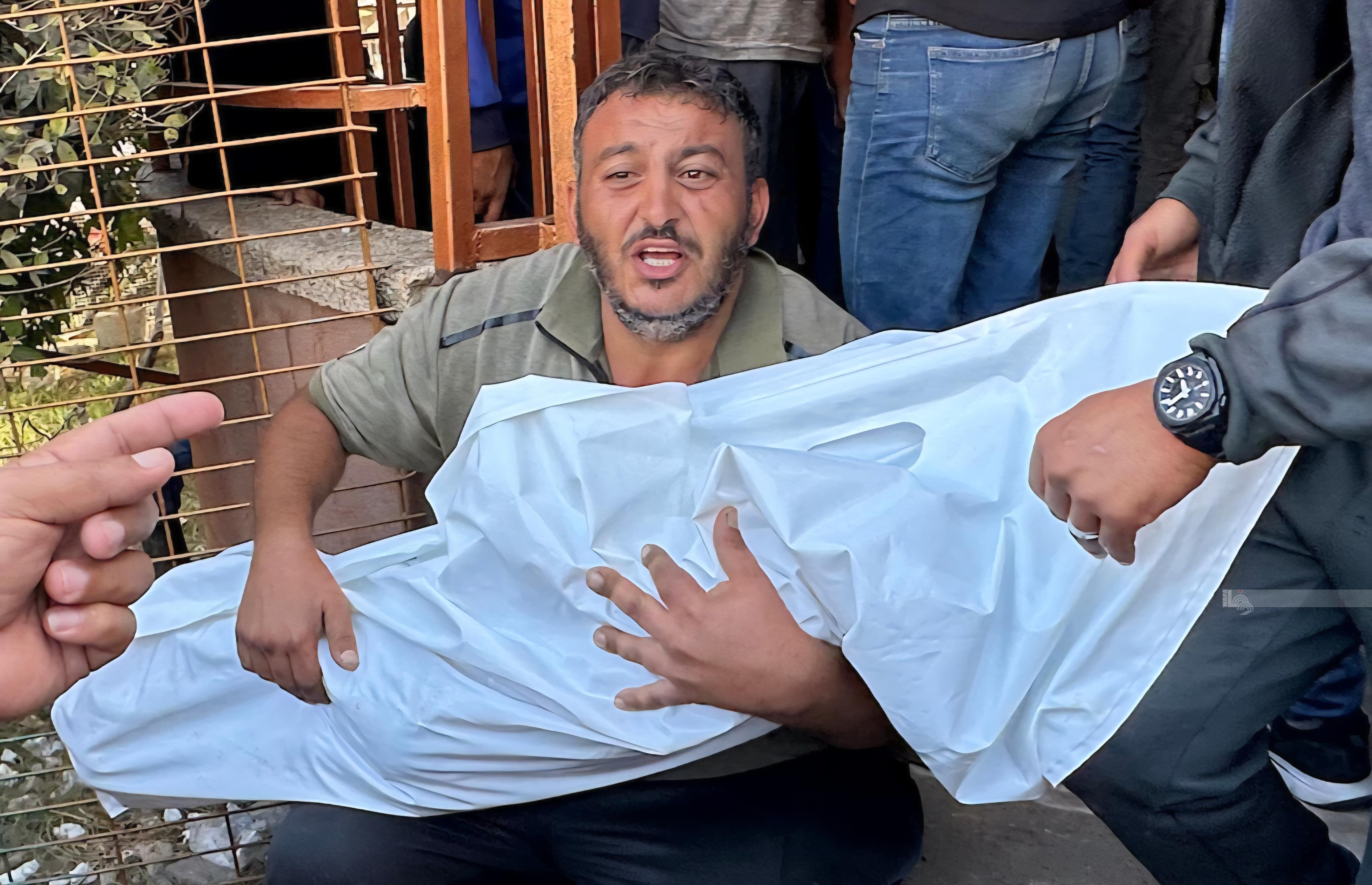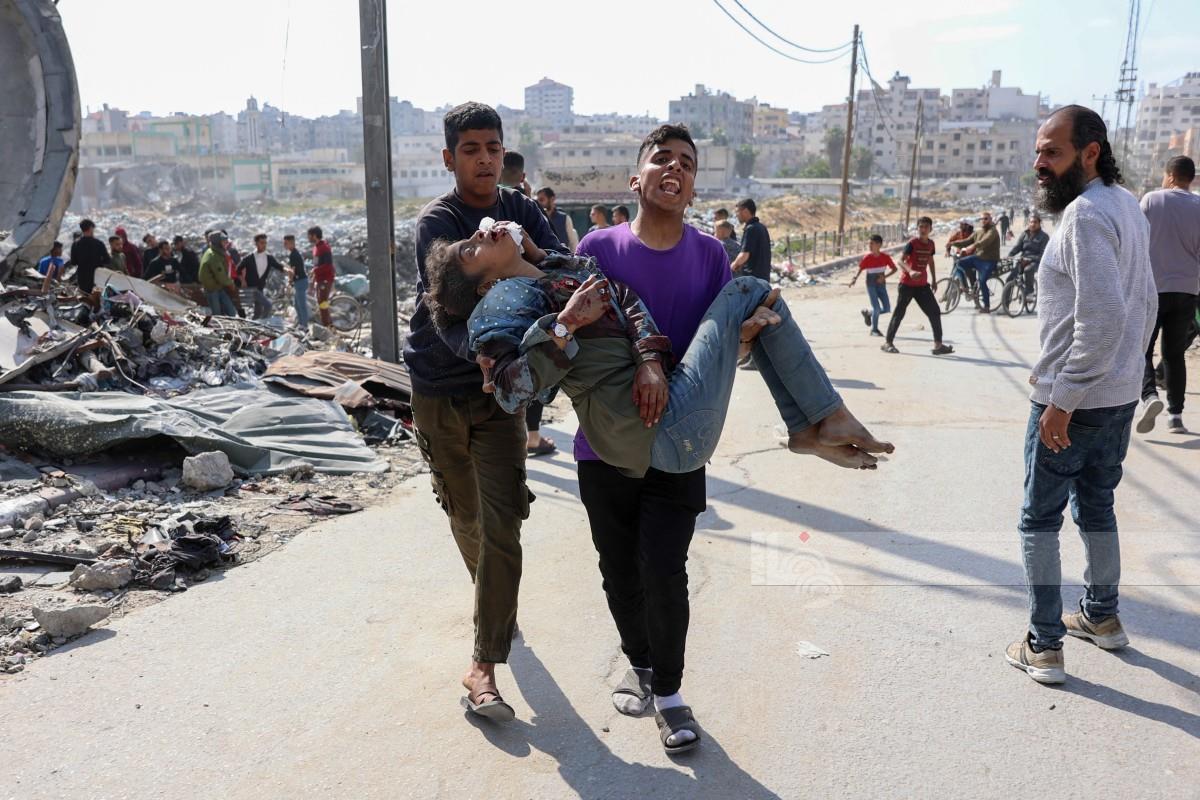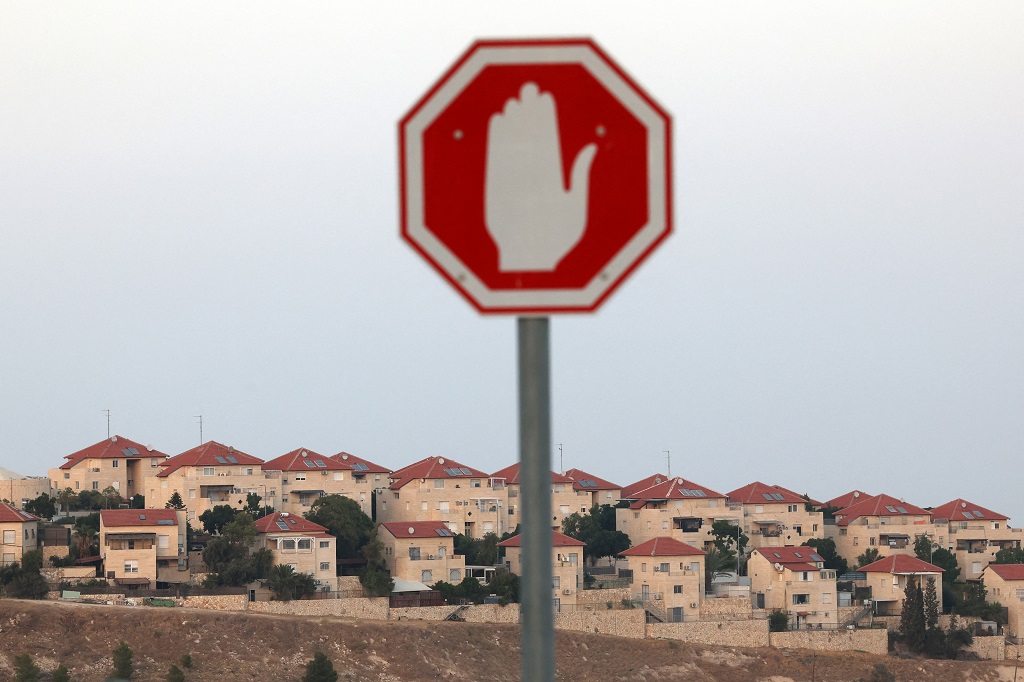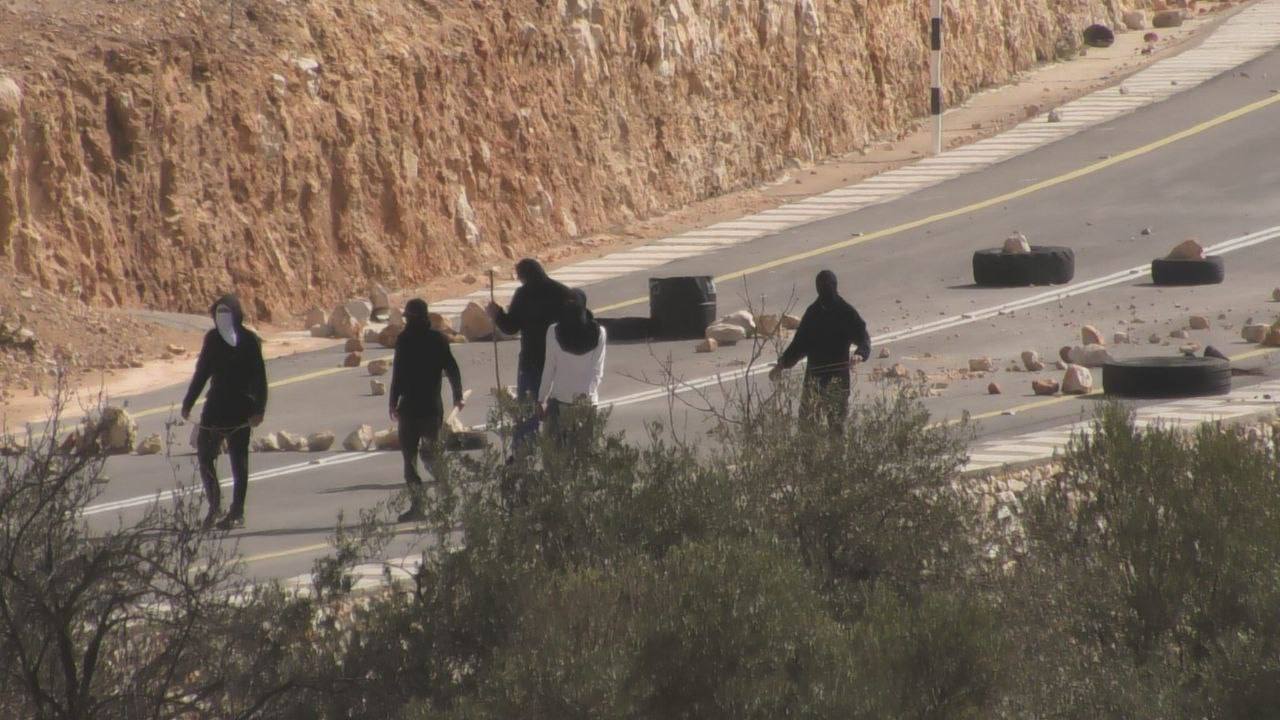RAMALLAH, November 15, 2024 (WAFA) - The Ministry of Foreign Affairs and Expatriates said the Israeli occupation authorities continue to impose collective punishments on Palestinian citizens, restricting their movement and travel between cities and towns in the occupied West Bank.
In a statement issued on Friday, the ministry noted that these actions involve the installation of hundreds of military checkpoints and iron gates at city entrances, resembling an apartheid system. Such measures are intended to fragment the West Bank into isolated cantons, thus adding significant difficulty to Palestinians’ daily lives and severely limiting their freedom of movement, added the statement.
The ministry stressed that one of the most serious measures imposed by the occupation was the opening of these gates only at specific times, obstructing the movement of citizens.
This effectively enforces a colonial and racist system that controls every detail of Palestinian lives and exposes them to real dangers, said the statement.
This forces Palestinians to use inadequate alternative roads that are unsuitable for their vehicles, consuming a significant part of their day. Meanwhile, colonists have unrestricted access to main roads that Palestinians are forbidden to use.
The ministry stressed that Israel’s spatial and temporal division of the West Bank is a de facto annexation that undermines the two-state solution.
It demanded an end to the international double standards in addressing the rights and issues of the Palestinian people, emphasizing the urgent need to stop the ongoing genocidal war and the occupation policies that lay the groundwork for the annexation of vast areas of the West Bank.
The Ministry of Foreign Affairs stressed that Palestine's full membership in the United Nations plays a crucial role in protecting the two-state solution.
T.R.




